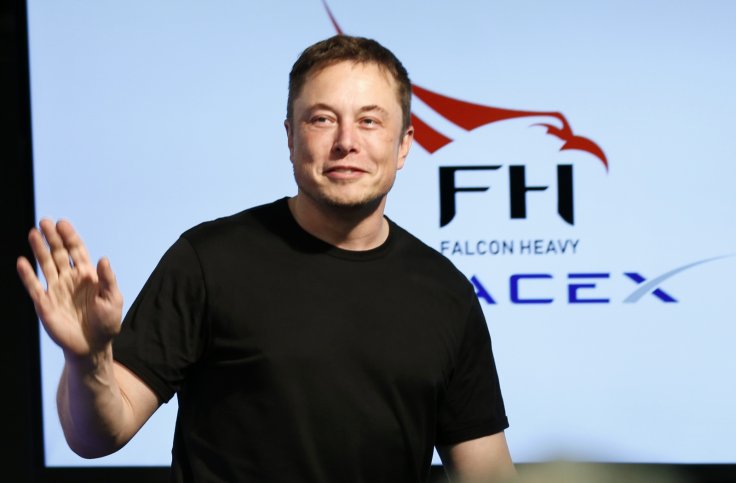
Elon Musk's prestigious SpaceX project could accelerate time to help man walk on Mars in just another 20 years or so by 2040, said Tim Peake, a British astronaut, the media reported.
Hailing that humanity is about to enter a "very exciting" era of space exploration, Peake, the first British astronaut to be sent to the International Space Station (ISS), said that private investment could speed up the first flight to the Red Planet.
"Humans on Mars - I think will be the late 2030s," Peake was quoted as telling express.co.uk reported late on Monday.
"That's what the government space agencies and the International Space Exploration Group are working towards."
"It could be that some of (these people's) programmes bring that date forward. But, the late 2030s would be a realistic time frame.
"What could throw a big bowling ball through all that is commercial space flight," Peake noted.
Earlier in February, SpaceX successfully launched its world's most powerful rocket Falcon Heavy, into space.
"We have seen the ambitions of people like Elon Musk, there are several other companies that also have ambitions to send people to Mars," Peake said.
"I think that we will end up working very closely with these companies in public-private partnerships when we eventually go to Mars," he added.
In addition, Peake said that the Deep Space Gateway -- a space station project led by the ISS partners, including NASA, European Space Agency and Roscosmos (of Russia) -- that aims to launch manned missions to Mars will be vital for furthering space exploration.
"The Deep Space Gateway paves the way for both lunar landings and, because of the orbit it will be in, for a Mars transportation system," Peake said. (IANS)









